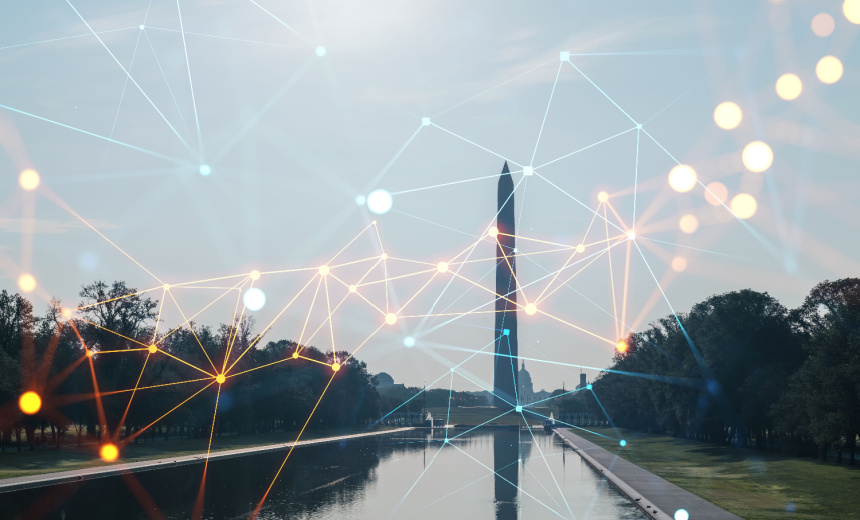Artificial Intelligence & Machine Learning,
Next-Generation Technologies & Secure Development
OpenAI and Anthropic Unveil $1 Annual Offers Amidst Vendor Lock-in Concerns

In a significant move, artificial intelligence firms are aggressively targeting federal contracts by offering access to premium AI models for a nominal fee of $1 annually, covering the first year. This strategy has sparked alarms regarding potential vendor lock-in, raising questions about the government’s capacity to diversify its AI toolset once the introductory pricing expires.
Recently, the federal government, recognized as the largest consumer of goods and services globally, disclosed enhancements to the General Services Administration’s (GSA) multiple award schedule. Major players such as OpenAI, Anthropic, and Google have been granted expedited entry into the federal marketplace. OpenAI commenced competitive offers by proposing that all federal entities gain access to ChatGPT Enterprise for $1 for the first year, accompanied by unrestricted advanced model usage for the first 60 days.
Following suit, Anthropic has mirrored OpenAI’s initiative by introducing a similar $1-per-agency pricing scheme for all branches of government, encompassing both Claude for Enterprise and Claude for Government throughout the year.
Michael Rigas, the Acting Administrator of GSA, praised the initiative, emphasizing the transformative prospects of AI for enhancing employee and citizen experiences. However, experts have warned that such initiatives might inadvertently bind agencies to their initial contracts, complicating future engagements with alternative technologies.
Industry insiders like Nicolas Chaillan, the former chief software officer of the U.S. Air Force and founder of Ask Sage, caution that these steeply discounted offers could hinder fair competition and undermine standard commercial pricing protocols. Chaillan has expressed concerns about future pricing escalations, questioning, “What happens when that $1 turns into a seven-figure renewal with no negotiating power?”
Legal analysts have raised flags about the implications of these low-priced contracts, suggesting they might contravene provisions of the Federal Acquisition Regulation that mandate payment terms align with typical market rates to ensure fair competition. Should these contracts be customized solely for government use, they may not qualify as commercial off-the-shelf products, potentially exposing federal operations to security risks and compliance issues.
The GSA’s recent initiatives, encapsulated in the “OneGov” strategy, aim to streamline federal IT acquisitions and strengthen cybersecurity through standardized contracts. However, procurement experts warn that this approach could marginalize smaller vendors and counteract nontraditional, flexible procurement models. Initial agreements have included significant discounts from major platforms like Google and Adobe, further complicating the marketplace.
Experts note that integrating an effective, low-cost AI solution into governmental operations might result in long-term reliance on that technology, complicating future transitions. John Savio, vice president of Black Duck, elaborated on the business model of startups that underprice their services to gain market traction, only to escalate costs as clients derive value from their offerings. The GSA has yet to address concerns regarding safeguarding against potential long-term vendor lock-in resulting from these low-cost introductory contracts.